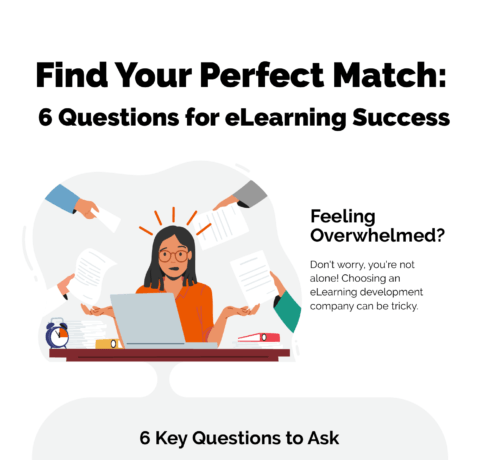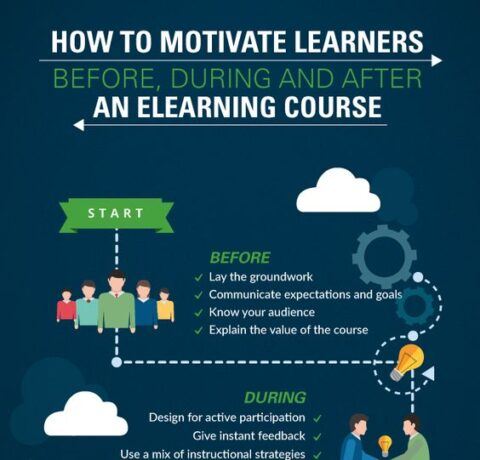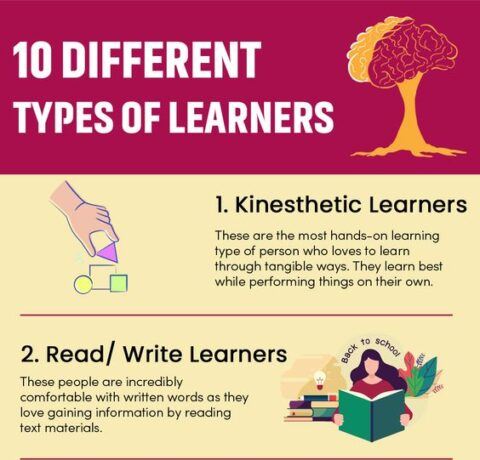eLearning for Consumer Goods Industry Infographic
To stay ahead in today’s competitive environment, it has significant for multiple industry domains to follow an efficient business strategy, to enhance the overall workplace productivity and boost learning experiences. eLearning is an excellent way to deliver successful outcomes without affecting the content quality and budgets. The online courses are created to generate revenues and engage maximum audience. In this infographic, different challenges faced by the Consumer Goods Industry and different e-learning strategies including mobile learning, experimental learning and game-based learning that are adopted to overcome those challenges are addressed.
Industry Challenges and Solutions
The engaging online learning programs in Consumer Goods industry help to deliver unparalleled experience, proficient and experienced trainers help learners to get the most from the training budget. Different challenges faced by this industry and training solutions offered are discussed below:
- The new age learners demand for information on new products, provenance and their overall impacts. Therefore, training on organizational values and global consumer base is very important to keep learners updated.
- Customers must build a strong relationship with the global supply chain partners and deal with international standards, handling compliance and traceability issues. With this, trainings on Six-Sigma or Kaizen is essential to meet the quality standards.
- To transform from traditional classroom-based training to innovative e-learning solutions can be tedious for some employees. The e-courseware is based on real-life examples so that learners can associate themselves and develop self-confidence.
- The next challenge is to meet the ever-changing regulatory requirements. So, the learners are trained on different regulations that include ISO standards, Consumer Product Safety Improvement Act (CPSIA) and others.
- It is important to hire appropriate resources that help to boost workplace efficiency. E-learning helps to enhance portfolio awareness and give efficient merchandising tips to the participants.
- The last challenge is to recognize employees who have leadership traits and help to improve business productivity. Simulations are integrated in online courses to help learners understand the content better.







You can adjust your cookie preferences here.